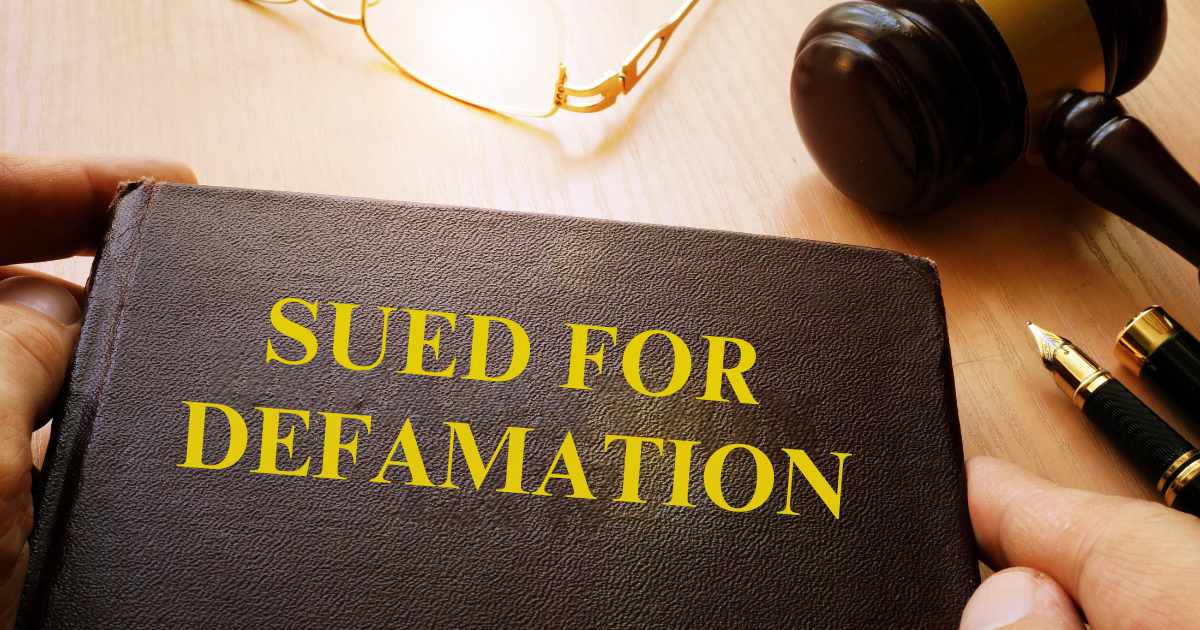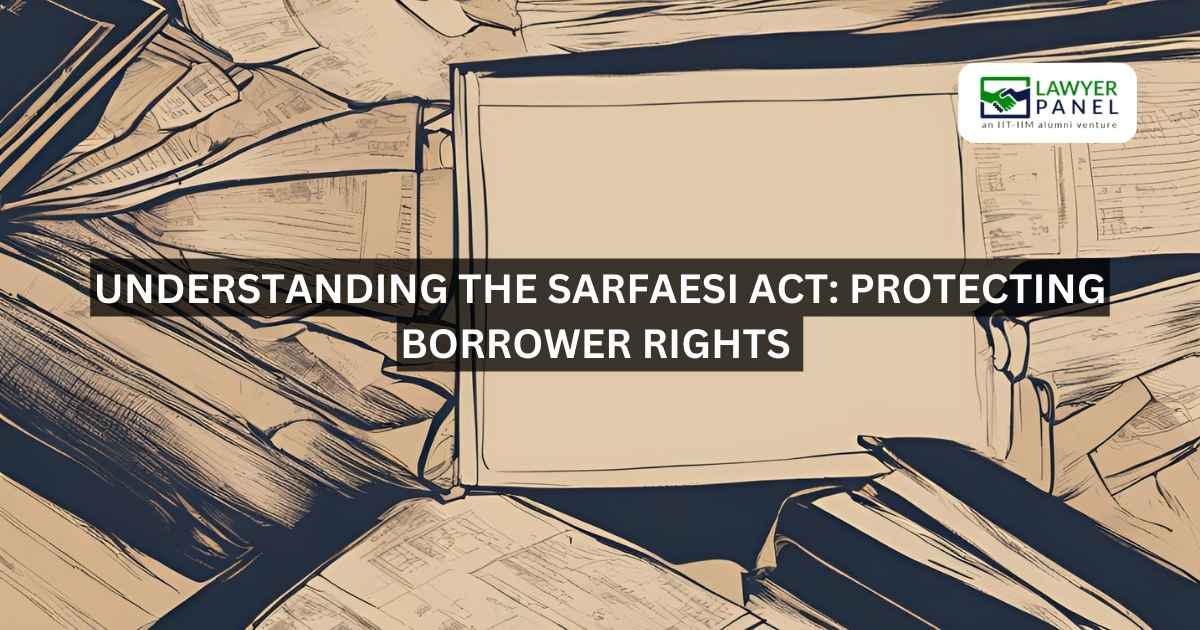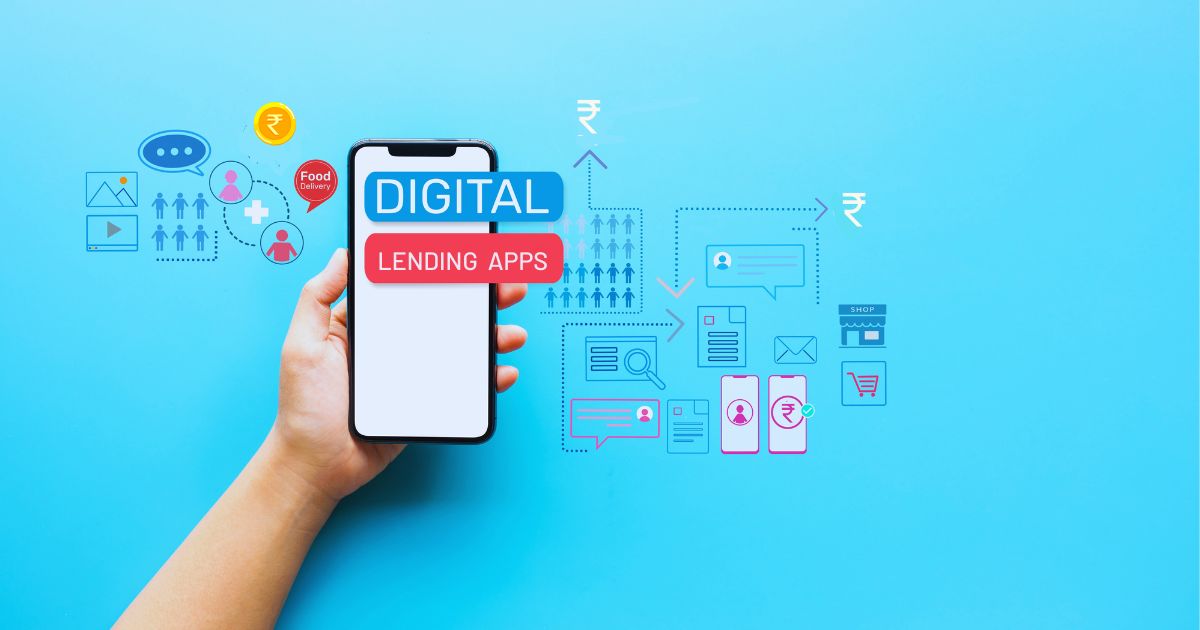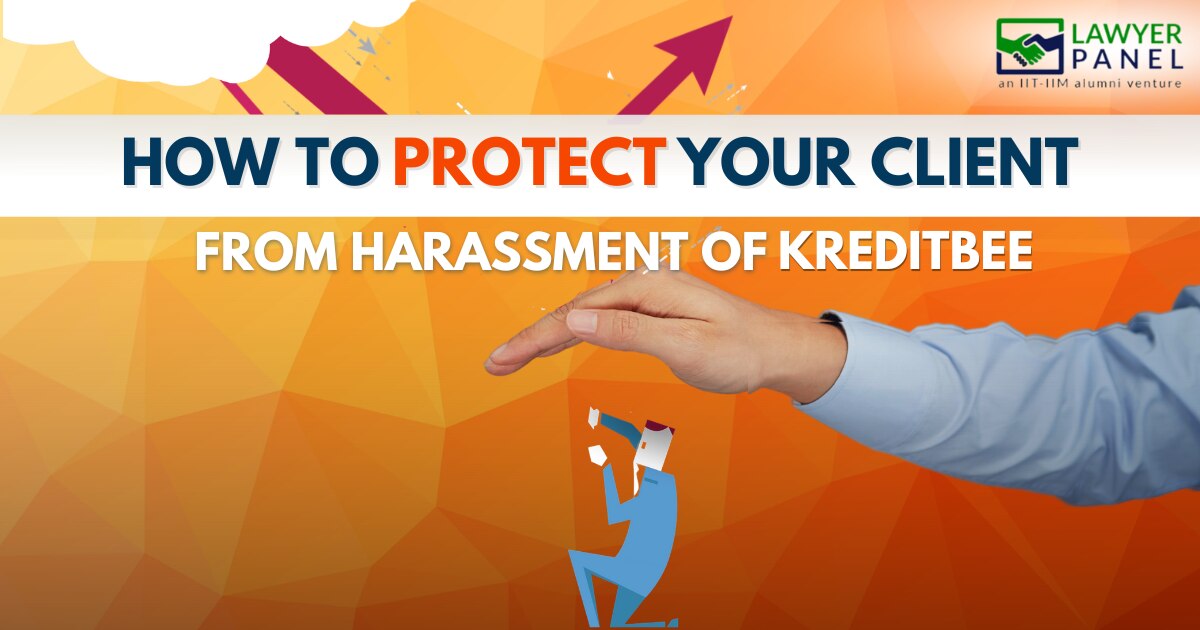Borrower Rights · 4 min read
Can Recovery Agents Be Sued for Defamation?
Learn how Indian laws protect borrowers from defamation by recovery agents. Understand your rights, legal remedies, and how to file complaints.

Over the past several years, complaints about aggressive recovery agents have increased sharply — especially in cases of personal loans and credit card defaults. From WhatsApp threats to public shame outside banks, many borrowers have faced unethical collection methods.
But are these actions considered defamation under Indian law? Can borrowers take legal action against recovery agents or the companies they represent? This blog explains the legal grounds under the Indian Penal Code (IPC) and the growing legal decisions about abuse in debt recovery.
Understanding Defamation Under the Indian Penal Code
Defamation is explained under Sections 499 and 500 of the IPC. It occurs when someone makes or spreads a statement about another person to damage their reputation. This includes:
● Spoken words,
● Written messages,
● Signs or visible actions are shown to other people.
What matters most is the intention or awareness that these statements will harm someone’s standing in society.
If a recovery agent wrongly labels someone as a “fraud,” sends insulting messages to their contacts, or shames them without legal proof, it could be criminal defamation. Punishment can include up to two years in jail, a fine, or both.
Public Threats and WhatsApp Shaming Tactics
In practice, some recovery agents use wrongful methods like:
● Creating WhatsApp groups with the borrower’s contacts,
● Sending messages that label them a defaulter,
● Threatening to humiliate them in their community.
Some even send fake pictures or edited screenshots to scare people into paying. These actions are not only illegal but also go against basic human dignity.
Indian courts have stated clearly — no matter how valid the lender’s reason may be, no one has the right to shame, harass, or insult a person. Public shaming, especially using digital means, violates not just IPC sections, but also the right to live with dignity under Article 21 of the Constitution.
Filing Civil Defamation Suits Against Agents or Banks
Apart from filing a criminal case, a borrower can also file a civil defamation suit. Under civil law, if your reputation is harmed, you can seek:
● Damages (monetary compensation) for emotional and social harm.
To win a civil defamation case, the borrower must show:
● The statements were made to third parties,
● The statements were false and damaging.
Courts have awarded high compensation when it was proven that recovery agents acted carelessly, with bad intention, or without legal grounds. You can sue both the agent and the bank or company that allowed this behaviour.
Filing a Criminal Complaint or FIR
If you’ve been a victim of harassment or defamation by a recovery agent:
● File a police complaint at your nearest police station.
● If the police refuse to register the complaint, approach a Magistrate under Section 156(3) CrPC to get directions for investigation.
Applicable IPC sections:
● Section 499 (Defamation),
● Section 500 (Punishment for Defamation),
● Section 506 (Criminal Intimidation),
● Section 509 (Word or act meant to insult modesty).
You can also file complaints with the Banking Ombudsman or the RBI for internal action against the financial institution.
Court Rulings and Compensation for Defamation
Indian courts have taken a strict stand against wrongful recovery methods. In many cases, financial institutions have been held responsible for the actions of their agents.
Example:
In ICICI Bank v. Shanti Devi Sharma, the bank was ordered to pay compensation after its agent publicly insulted the borrower.
Courts have reminded lenders that:
● Debt recovery must follow RBI guidelines,
● Natural justice must be followed,
● Any act causing mental pain or harming one’s image can lead to both financial punishment and legal orders to stop future harassment.
Final Thoughts
Being in debt does not take away your right to be treated with respect. If recovery agents cross the line, the law is firmly on your side. Know your rights, act early, and don’t let anyone treat you as less than you are — especially not in the name of debt recovery.



